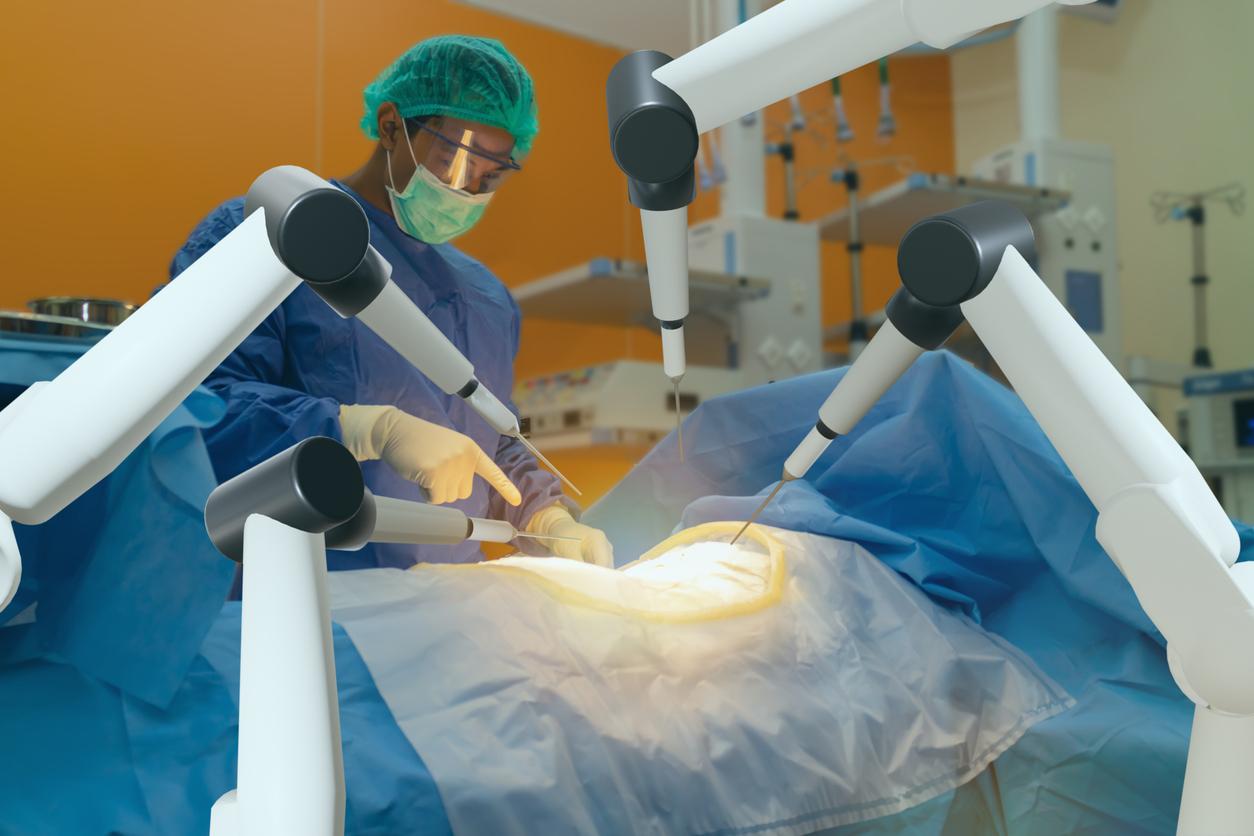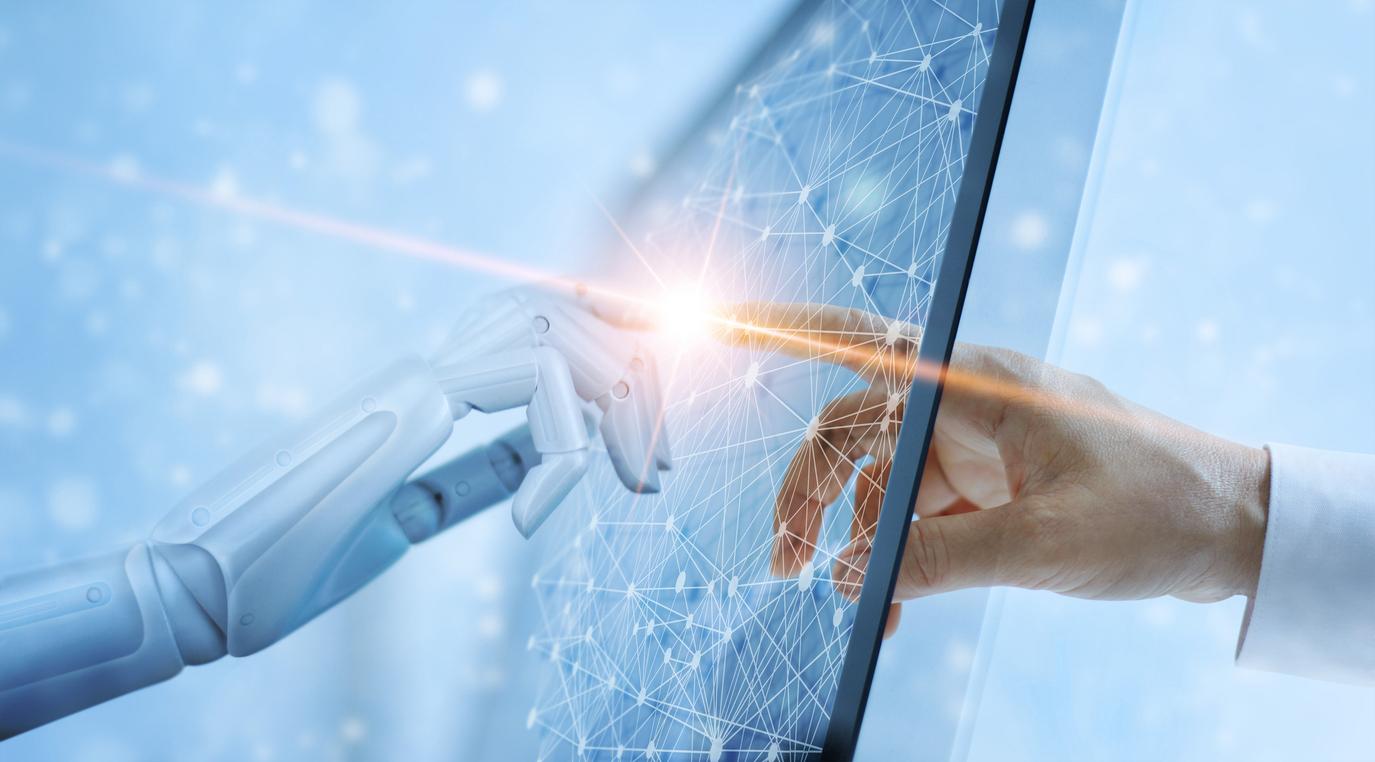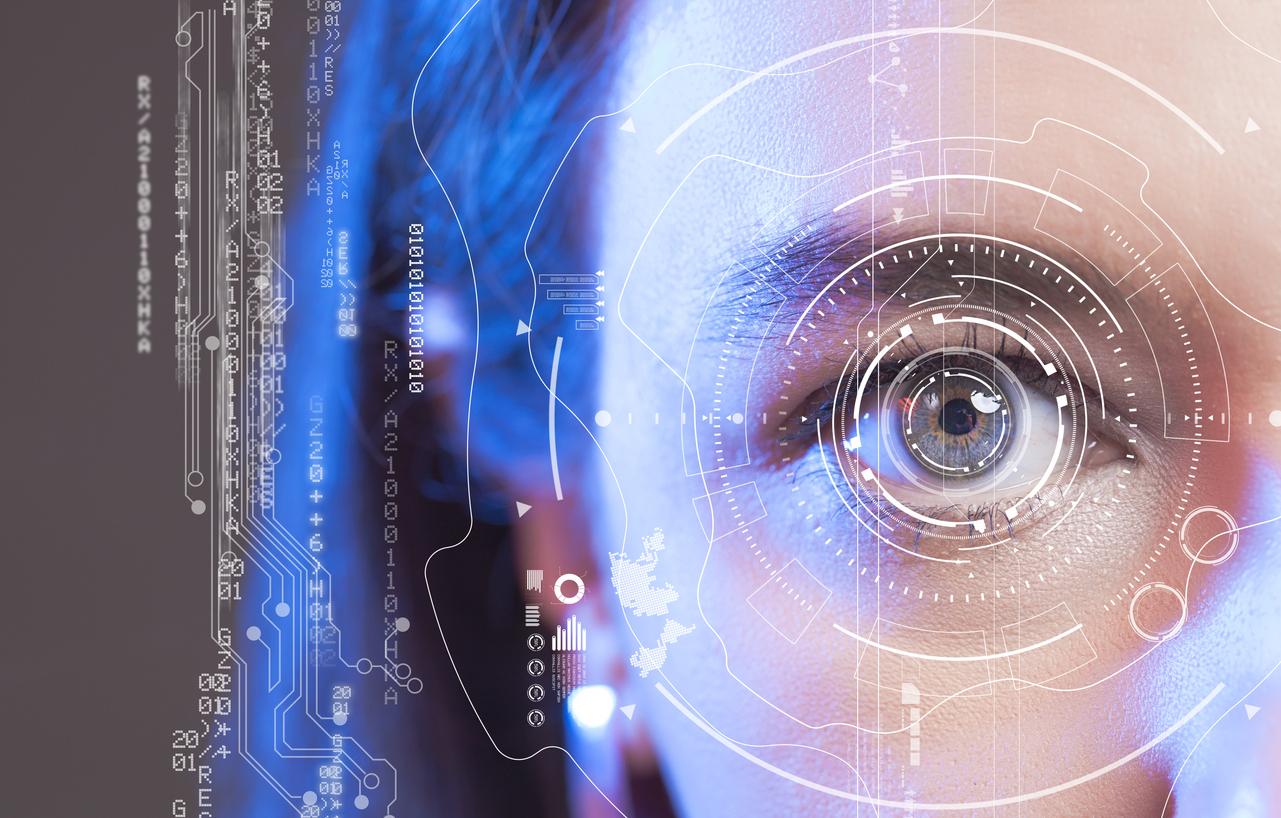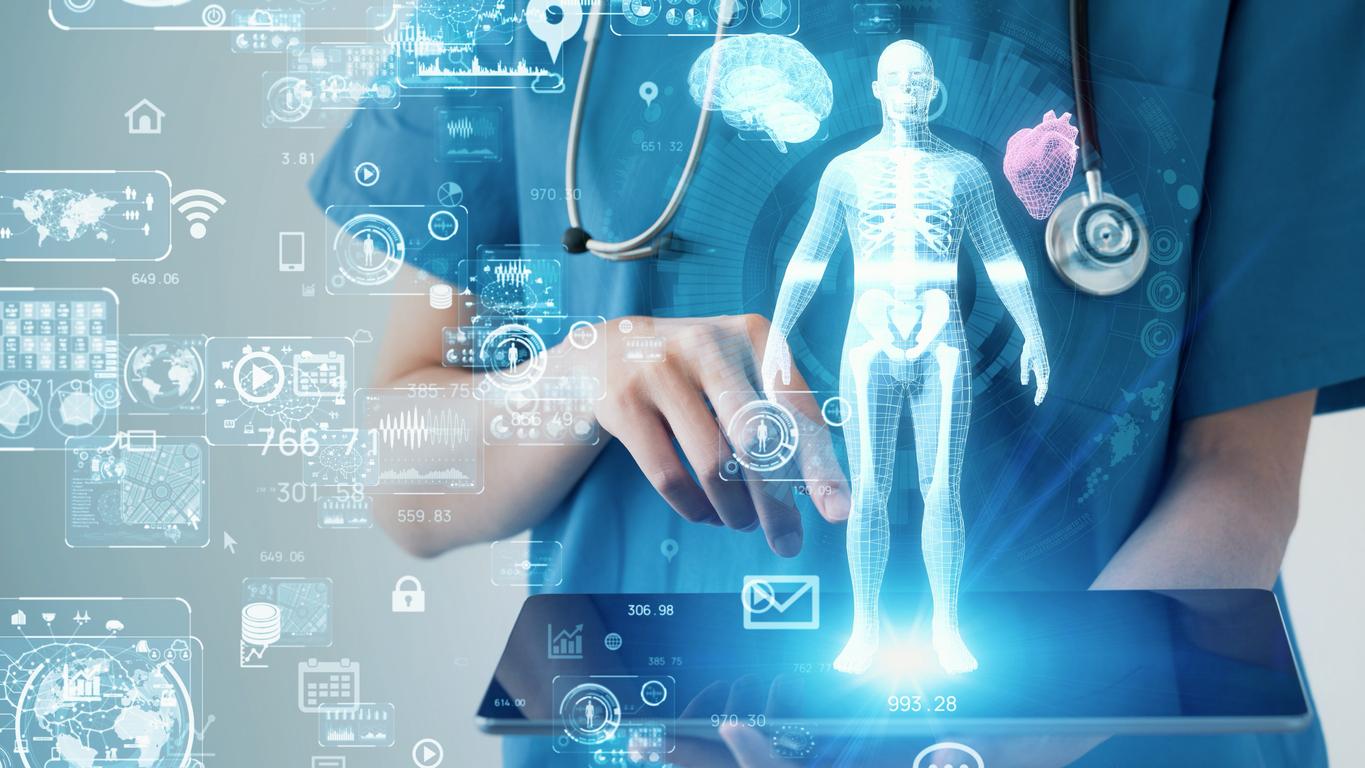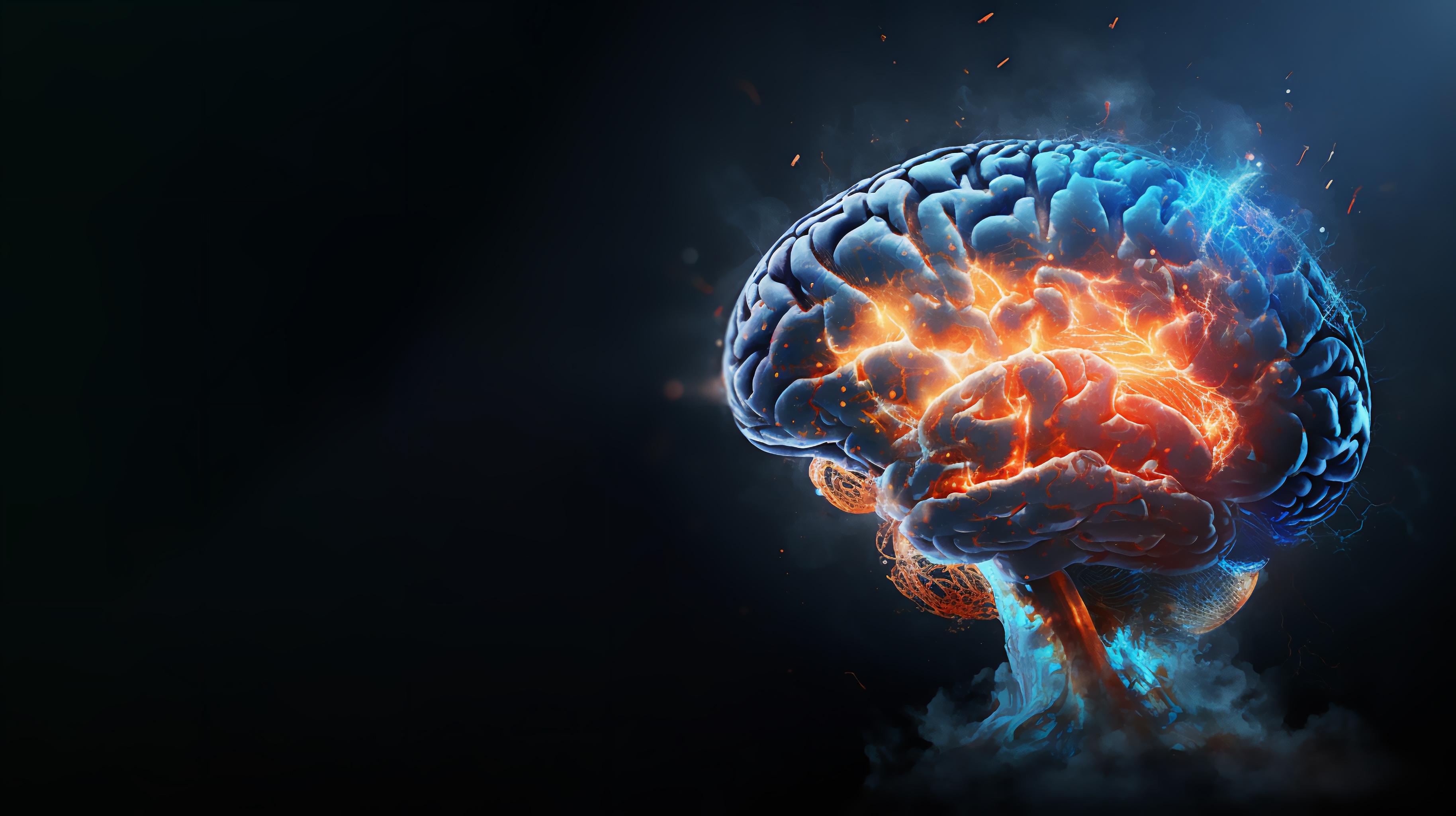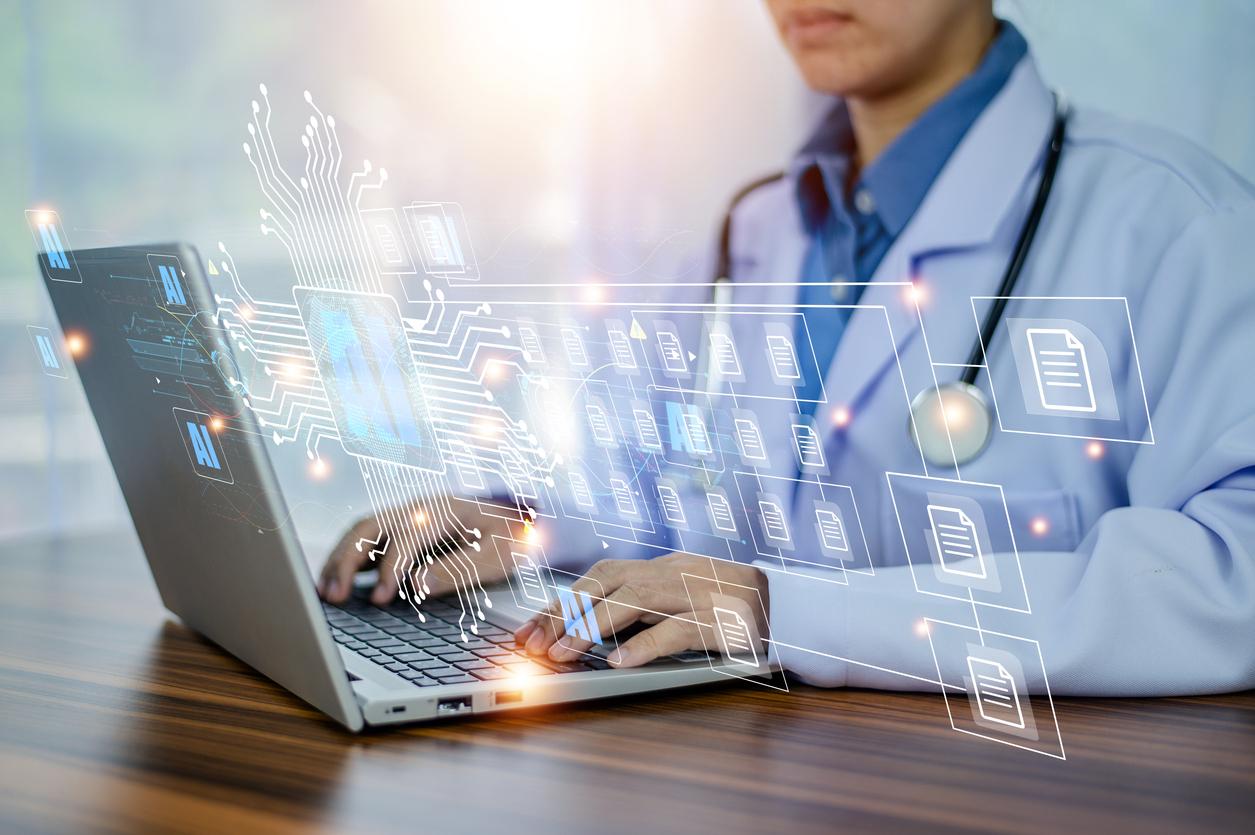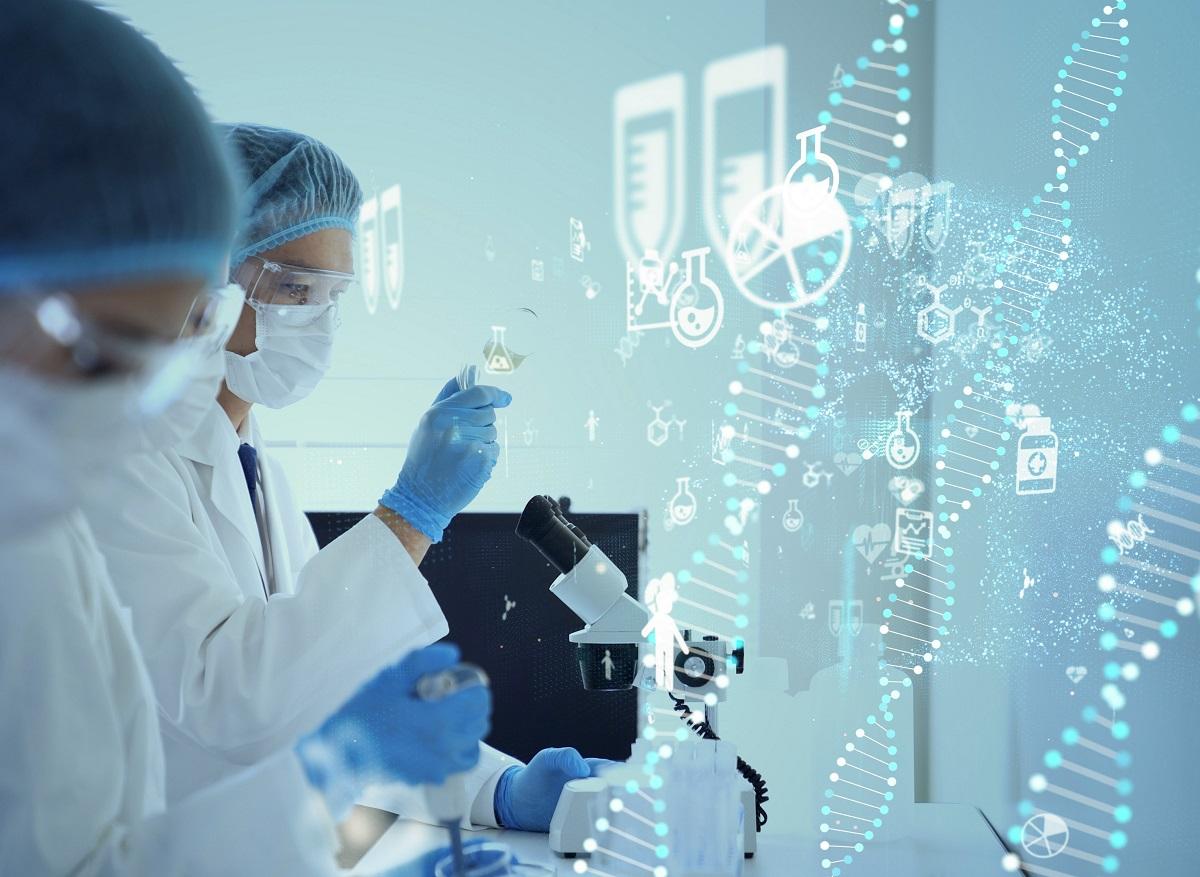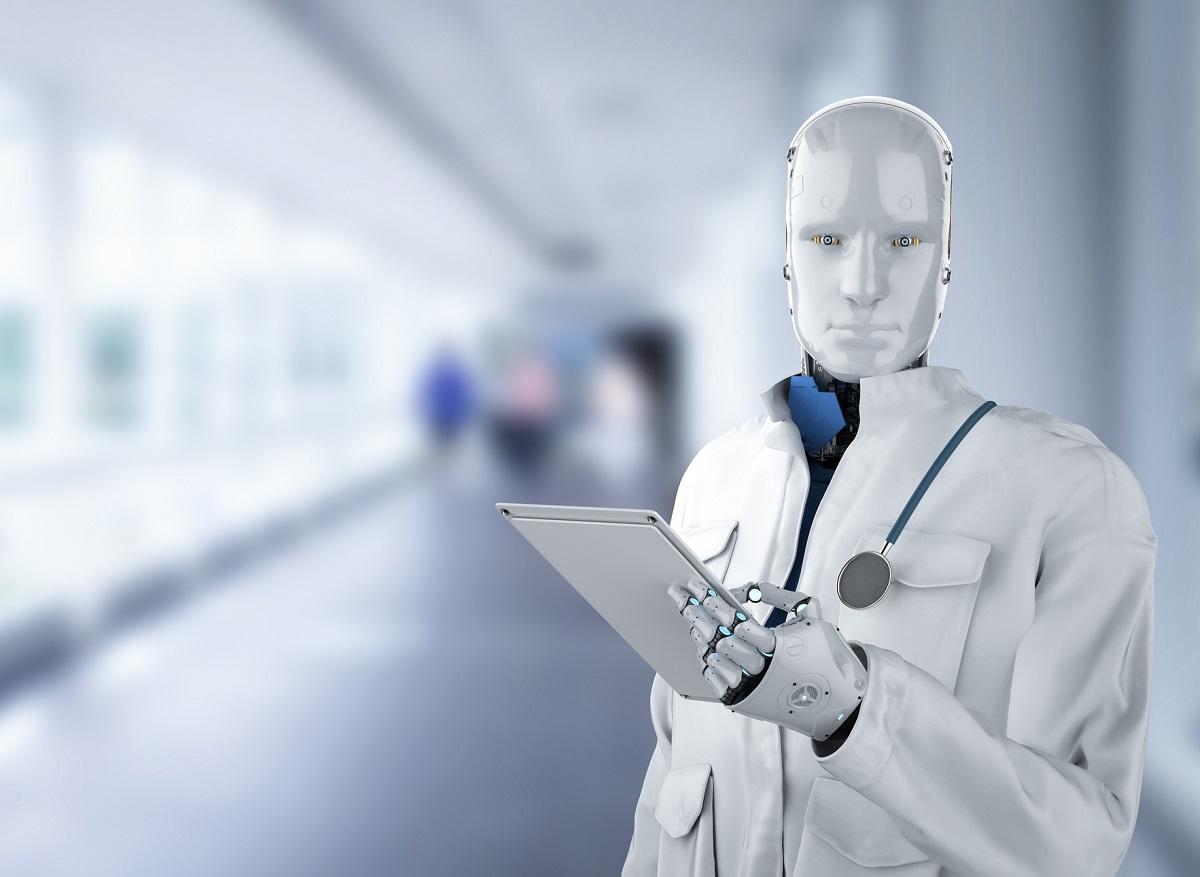If artificial intelligence is very promising in the field of health, some doctors take a dim view of the emergence of these new technologies.
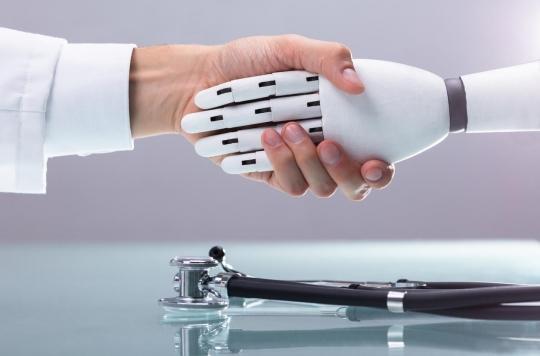
Assisted operations, remote patient monitoring, smart prostheses, personalized treatments thanks to the cross-checking of a growing number of data…The promises of artificial intelligence (AI) in the field of health are considerable. However, at present, in addition to cultural and legislative barriers regarding the use of data patients, there is the problem of apprehension of the medical profession. Indeed, while some doctors are enthusiastic about being helped by these new technologies, others are more skeptical, even critical.
“What to do if certain machines compete with tasks performed by health professionals? How to redistribute medical skills? Will AI lead to a form of uberization of medicine?”, sometimes worry the doctors who also wonder about the issues of liability, in the event of a wrong diagnosis for example.
The fear of a replacement of man by machine, although legitimate, reflects a poor understanding of these new technologies, assure the specialists. Indeed, the AI will accelerate therapeutic suggestions based on the analysis of the data but will give free rein to all other interactions. Remember that these are only algorithms based on interference between data.
The human relationship at the heart of health support
Humans will always remain essential to patient follow-up, whether due to a lack of data to be analyzed by the machine or because the issues at stake remain of a complexity that will never be apprehended by a machine, such as the interpersonal relationships between patients, caregivers and physicians, affects and choices.
As for the problem of responsibility in the event of a bad diagnosis made by a robot, all the answers are still far from being there. These questions require reflection and an appropriate ethical-legal framework, adapted to innovation within a global competition.
Finally, regarding data access issues, in its January 2018 report, the Order of Physicians recalls that it is “imperative that the progress expected from artificial economic intelligence, Big Data and robotics technologies benefits everyone and does not accentuate social or socio-cultural divides. Our society, through its democratic and republican organization, must particularly to ensure that the progress that could result from these technologies, in screening, in-depth knowledge of diseases and the risks of their occurrence, does not alter our solidarity model of social protection, but contributes to reducing inequalities and risk of exclusion”.
.









